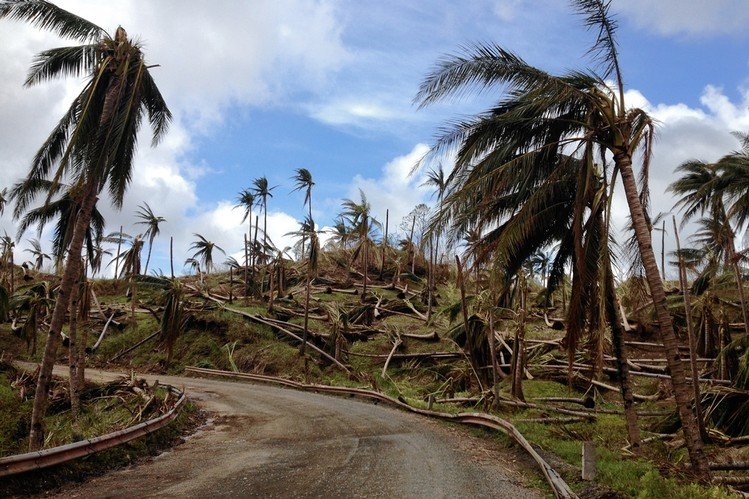Coconut farmers in Coimbatore and Tirupur, two key regions in Tamil Nadu, are grappling with significant challenges that are affecting their productivity and livelihoods. These farmers are facing a combination of unpredictable weather patterns, water scarcity, pest infestations, and soil degradation, all of which are contributing to a sharp decline in coconut yields. The recent water shortage has been particularly detrimental, as coconut trees require a steady water supply to thrive, and many farmers have been unable to invest in irrigation systems due to rising costs.
In addition to climatic challenges, coconut farmers in these districts are struggling with pests like the Red Palm Weevil and mealybugs, which have caused considerable damage to coconut palms, further reducing yields. The lack of effective pest control measures and limited access to quality plant protection products have made it difficult for farmers to combat these infestations.
Moreover, the declining prices of coconut products, including oil, copra, and milk, are making it increasingly unprofitable for small-scale farmers to sustain their operations. With increasing labor costs and competition from other states and countries, many farmers are finding it difficult to cover production costs, leading to growing financial stress.
Despite these challenges, some farmers are exploring alternative measures such as switching to organic farming practices and diversifying crops to reduce their reliance on coconut alone. Government interventions, such as subsidies for irrigation systems, pest management programs, and financial aid for adopting climate-resilient practices, are expected to help alleviate some of these difficulties. However, the road to recovery for Coimbatore and Tirupur’s coconut farmers remains long, requiring both local solutions and sustained government support.









